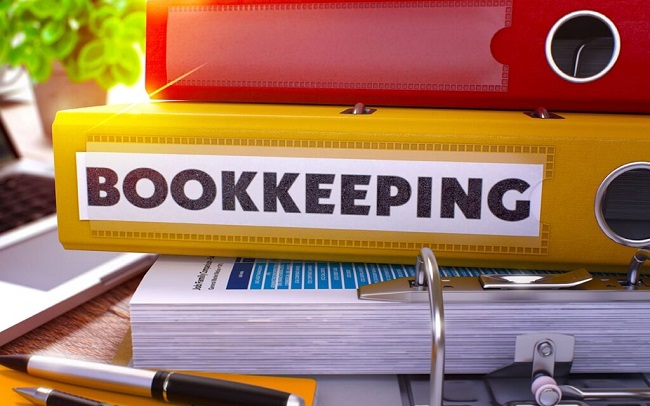I downloaded QuickBooks when I opened my first business five years ago since that’s what everyone says you should do. And once a month, I would sit down, and I would itemise all of my transactions.
Whenever I sat down to do my books, I found that it would take me hours to finish. I’d get myself organised, then sit down and go through every single transaction, trying to assign it to the most appropriate category.
And then there were occasions when I required something like a profit and loss statement or a balance sheet, and I had no idea how to generate those. It caused me a lot of pain.

There Was a Need For Me to be Contributing To My Firm in Some Way.
As a business owner, I understood the importance of making the most of every waking moment in order to generate revenue and cover my personal expenses. It dawned on me that the six hours I was devoting each month on bookkeeping were better spent elsewhere, such as on marketing, sales follow-up, or even merely on pursuing unpaid invoices.
Read Also:
There are a variety of things I could have been doing that would have benefited my company financially. As a result of this, I learned the tricks of the trade for simple bookkeeping and administration.
Rather Than Handling the Books in-House, Consider Using a Third Party
Just because I no longer complete my books on my own each month does not mean I have stopped doing them. It came down to using either an offline bookkeeper or an online bookkeeping service.
In the end, I decided to choose the latter option and signed up with Bench, the most widely used accounting firm in the Americas. Bench gives you a team of bookkeepers who do all your bookkeeping for you.
They will import your transactions, sort them into categories, and generate your monthly financial statements automatically. The Bench app not only serves as a financial tracker and team communication hub, but also handles tax preparation at year’s end.
Bench’s availability of retroactive bookkeeping was a major factor in my decision to work with them. Since I was aware of how much my accounting was in disarray, I had them fix it.
Reduce Your Paper Usage.
The Bench app syncs with my bank account, so my bookkeepers can check my financials without my having to manually download and give them bank statements. The scanning of receipts remained a time-consuming task, though.
Accordingly, I opted for the name Shoeboxed. With Shoeboxed, I can scan my paper documents by snapping a picture of them with my phone, importing them directly from my email, or even mailing them in for free.
The detailed expense report I receive is also synced with Bench for my bookkeeper’s (and the IRS’s) convenience.
Invest in Business Automation.
In case you didn’t know, there are two main types of bookkeeping: cash and accrual. Cash basis accounting means revenue is recorded only when it has really been received, such as when a check is deposited into an account.
On an accrual model, money is counted as earned whenever a project is finished and invoiced. Using the cash technique necessitated my tracking down outstanding invoices and payments. Data discovery was tedious and often led to customer frustration.
The ability to automatically follow up on leads and construct automated marketing campaigns prompted me to start utilising Keap as a customer relationship management system right away.
That’s why I chose to implement a fully automated billing and payment system. Keap’s invoicing system generates invoices, keeps tabs on which ones have been viewed, paid, or are overdue, and politely reminds customers to make their payments.
Read Also:
Conclusion
You, as a business owner or entrepreneur, have a few choices when it comes to bookkeeping; you can use either software, a traditional bookkeeper, or an internet bookkeeper.
Costing between $9 and $70 monthly, accounting software comes with significant time costs, limited personal support, and room for error. You can avoid costly mistakes by hiring a traditional accountant for $20 to $40 an hour.
You should allot a few hours per month to work with your bookkeeper, just in case they require extra information before classifying transactions or you need to hand over paper copies of transaction records.
And if your bookkeeper is handling a large number of clients, you should expect communication delays, especially around tax time. With an online bookkeeper, you may expect to spend less than an hour per month classifying transactions and pay as little as $119 per month.
















